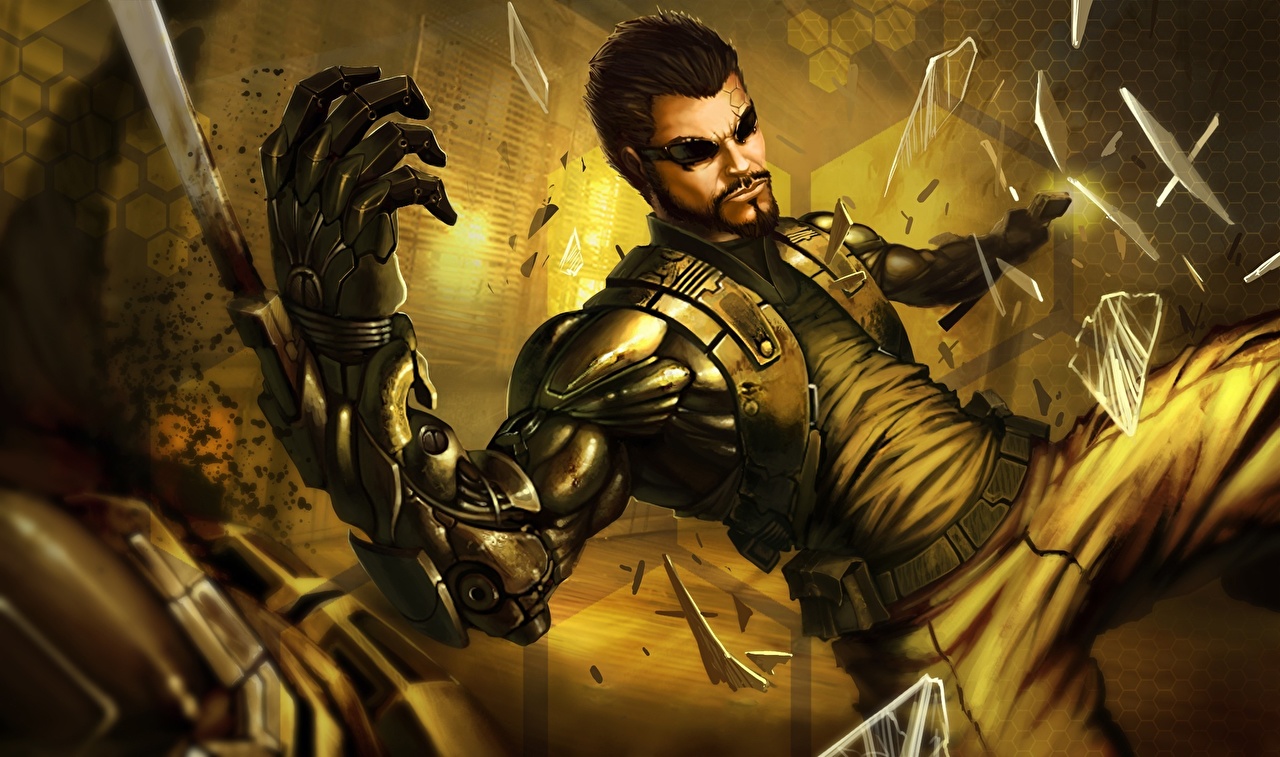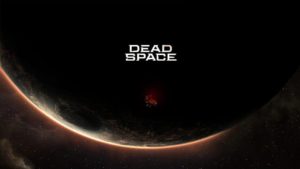
A well-written protagonist can make the difference between a fun game and a memorable storytelling experience that you could remember fondly for years. Player demand, decisions by developers or publishers, and experimentation within the indie world have spawned a number of different character types that players can control, but which character types make the biggest contributions to their game’s story? This article will attempt to answer just that.
An interesting place to start is the Dragon Age series. All 3 games take different approaches to their protagonist. Origins allows you to design your character’s appearance, class, race and gender, allowing you to tailor them however you like. Dragon Age II has more limitations, and you always play with the surname Hawke. You can still choose your class and gender, but you are locked to playing a human. However, unlike in Origins, both the male and female versions of Hawke had fully voiced dialogue. Dragon Age: Inquisition went halfway between, allowing you to choose a character from scratch with similar options to Origins, but your character was also fully voiced in cutscenes, with a voice for both a male and female character. Whilst Origins is in many ways an excellent RPG, I did always feel like the experience was marred by playing a voiceless character. The game has excellent writing and voice work, with the banter between Alistair and Morrigan being particularly fun to be around, but it felt as though my character was never really interacting with the rest of the party in the same way as they did with each other, as i’m only able to pick a line of text and watch the characters react to silence. Dragon Age II’s more rigid character options meant you had less overall customisation, but having your character properly interact with everyone was a welcome change. Dialogue options were split broadly into different social types, such as aggressive or diplomatic, so it also felt like you could play a character the way you wanted. Inquisition had the best aspects of both games. A fully customizable character that was fully voiced, well-written and whose decisions felt like they had impact and caused reactions in other characters.
There are a few different aspects I have talked about in my opening paragraph. I generally find that in any single-player game, I would much rather play a fully voiced protagonist to feel more immersed and for better interaction with the other characters. Customisation is also a nice option to have for obvious reasons, but as a personal preference, I would take a pre-made character that had a solid voice actor behind it than be able to customize my character but remain completely mute in all the dialogue sections and cut-scenes. A pre-made protagonist make it easier for developers to create a serviceable backstory for the main character, as well as define their relationships with the other characters. An example that springs to mind is Deus Ex: Human Revolution. Adam Jensen is a fun character to play as, a badass, tough as nails cyborg who nicely tows the line between being a strong personality but not going over the top. A great deal of consideration clearly went into the background and history of Adam’s character. Even early into the game, you get to experience the back and forth between Adam and his snarky co-worker Frank Pritchard, the strained relationship between Adam and his slightly shady boss David Sarif, and Adam struggling to cope both with the loss of his girlfriend and having most of his body replaced with mechanical parts to save his life. Picking up tidbits of Adam’s and other characters history as you progressed through the game was great to see, and made you want to explore the world and characters. Going back to Adam’s disorganised apartment and walking into the bathroom to see the large mirror nearly shattered (the game does not explicitly say how it was broken, but it’s generally considered to be a hint that Jensen saw himself and punched it with his newly acquired mechanical arm) was a subtle but great detail added into the game. These sorts of touches can’t be written for a character that the player is going to create at the start of the game.
So what about player choice, and the reactions of other characters in the world around you to those choices? It is undoubtedly frustrating playing a game where choice is advertised as a big selling point, but the decisions you make don’t seem to affect the world or storyline that much, or that the NPCs in the game really don’t react in the way they should. This was always an issue for a game like Skyrim. Major plot points and significant events never seemed to change everybody’s lives that much, and it can ruin the immersion when you help some guards take down a dragon and before the skeleton has finished ragdolling, they will scoff about how you only just joined the Companions and probably fetch the other warrior’s drinks. Player choice was handled exceptionally well in the Witcher series. Even smaller side quests had genuinely difficult moral choices to make, and your fellow characters would praise or scorn your decision making. Different choices could completely change the later parts of the game, and a decision you make earlier could come back to benefit you or haunt you. Choices in games can be done with a pre-determined character or a customized one, with the aforementioned Dragon Age games doing this quite well, with my personal favourite being inquisition due to its solid voice acting on both the protagonist and supporting characters. Whilst player choice is definitely a factor in adding to a game’s story, simply having choices does not always make for a better game. A story in which you do not always have choice over what to do next can still be an immersive story. Novels are inherently linear and choice-less by their nature, and yet they are still engrossing. A game that has little in the way of character choice but feels like the protagonist has significant motivation to whatever it is they are doing is superior to a game that advertises itself as one that gives you different paths to follow but suffers from those choices not feeling meaningful. It is easier to create character arcs and dialogue if the writers know how the game will transpire. Where these kinds of games fall down are examples where it feels like the protagonist does not have proper motivation to continue through the storyline, and you are on rails going from point to point doing things just because that’s the next part of the game rather than it making sense from a story perspective. This was a major problem with RAGE. Your voiceless character was travelling from point to point, mowing down enemies in incredibly fun combat, but all in aid of taking down a supposedly oppressive authority that you barely encounter during the course of the game purely because the first group of people you met said they were bad.
Then there are the exceptions to the rule, or at least the points I have made so far. I thought about some of the games that are considered to have the most compelling stories, and many do not match up with my own arguments. Shadow of the Colossus is considered one of the greatest games ever made, but has little in the way of dialogue or background to the characters. Nonetheless, players found it to be an incredibly compelling title. Valiant Hearts had no in-game dialogue either, and despite being a puzzle game, it reduced many players to tears by the story’s end. A similar thing can be said of Brothers: A Tale of Two Sons. No written dialogue, no backstory, but had many a player crying by the end. Journey topped a number of player’s game of the year lists back in 2012, and the story was told purely through its sound and animations. Whilst I stand by the points I made in the earlier parts of this article, it would be wrong not to mention these titles that manage to tell such compelling stories with so little in the way of character backstory or voice work. I think these games tend to work so well because the storytelling is designed around the aesthetic. For example, Shadow of the Colossus‘ vast sweeping landscapes and giant monsters are able to convey the sadness of its story when you bring down colossus after colossus, making you feel worse and worse as the game goes on, as your character becomes visibly more twisted and warped. These types of games also tend to stand out due to their uniqueness. A game can feel more profound when it is able to convey its story or message in such a simple way. A voiceless, nameless character with no backstory may not work as well when placed into a traditional single-player experience, but when a character like this is designed around a unique style of game it can yield great results. It’s possible we don’t see more games like this as story complexity can be limited if a game relies more on visuals or animations, or it may just be a more difficult style of game to pull off well.
So how to sum up such a complex topic? In itself, a favourite protagonist type is a subjective thing, and if you asked people to name their favourite single-player games you might well get a mix of character types, along with a number of nostalgia-goggle related choices, but it’s still an interesting debate. With the arguments posed above, I would actually settle on a pre-made character over a customised one, as it gives more scope for backstory and more meaningful interactions with other characters. In the vast majority of cases I would want to play a voiced character rather than a mute one. Being able to make choices for my character is a plus, so long as those choices feel like they mean something. My own personal favourite character choices? The aforementioned Adam Jensen is probably my top choice, and I feel he encapsulates my case for a character that makes a great storyline. I also have a soft spot for Geralt of Rivia, perhaps unsurprisingly as I mentioned the Witcher titles earlier in the article, although he does not feel quite as complex a character as Jensen. A couple of honourable mentions go out to Talion from Shadow of Mordor/War and Far Cry 3’s Jason Brody.




